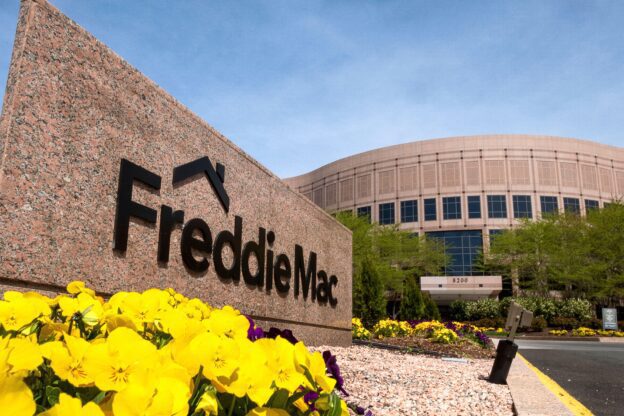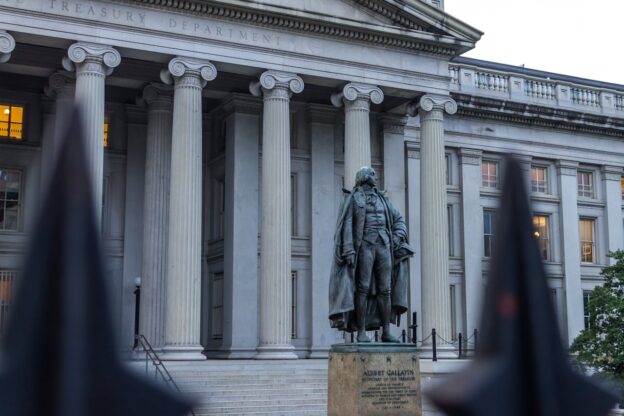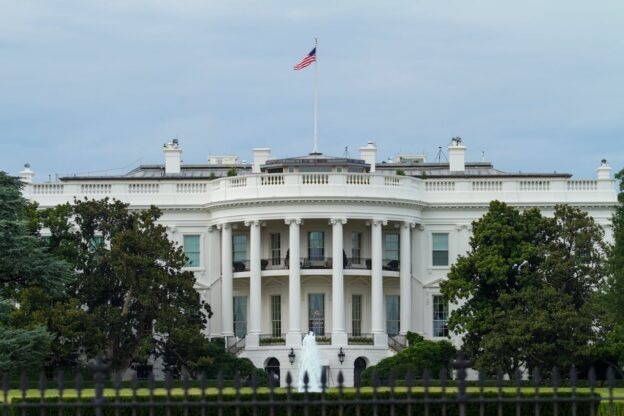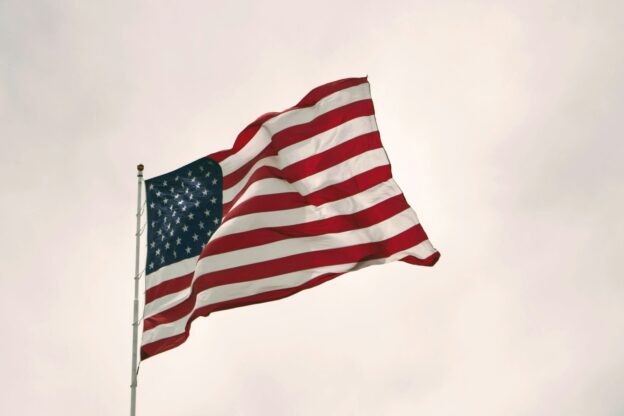By Erin Caddell, Anchor Advisors in partnership with GK Strategy
President Donald Trump’s second White House term has sparked discussion that his Administration might return the two U.S. Government Sponsored Enterprises (GSEs) to full public ownership after more than 16 years under federal control following their bailouts in the depths of the 2008 financial crisis. In May, Trump said his Administration is giving “serious consideration” to conducting IPOs for the GSEs. And in late July Bloomberg reported that the Administration was holding meetings with bankers interested in underwriting the IPOs.
Fannie Mae and Freddie Mac’s vital place in the US mortgage system make them compelling assets for investors to look at should the IPOs move forward. Critical to the nation’s economy, the complexities of these entities and the market they serve present challenges necessitating a multi-year transition period to full private ownership. As Fannie and Freddie have swept billions of dollars in profit back to the government in the post-conservatorship era, both companies would need to build up their capital to stand as independent companies. The GSEs’ equity combined represent only 2% of their total assets, far less than traditional banks or mortgage finance firms.
This is where anchor investors could play a role. Anchor investors (we promise we do not like this idea just because we also have Anchor in our name) take meaningful equity stakes in companies preparing to go public, agreeing to hold the positions for a given period post-IPO as a sign of confidence for other investors and to lessen the fundraising need for the company. For instance, in the 2022 IPO of Life Insurance Corp. (LIC), India’s largest insurer, anchor investors including Norges Bank (Norway’s sovereign wealth fund) and the Government of Singapore (GIC) investment fund purchased about 25% of the issue in advance of the IPO. Sometimes anchor investors receive a discount on their shares in exchange for taking down large chunks of the IPO and agreeing to hold their shares though a post-IPO lockup period.
One can imagine the appeal to the government of anchor investors in the GSE IPO process, particularly for the Trump Administration, focused as it is on boosting investment in the US. For that matter, any future presidential administration will be attracted to the idea of contributing hundreds of billions to federal coffers in an attempt to offset multi-trillion-dollar federal budget deficits. Anchor investors could allow the government to generate income from early sales early, as the GSE transition plan and public offerings would likely take several years. A combination of domestic and foreign sovereign wealth funds would be most desirable: the domestic players to emphasize the US’ ability to invest in itself; the global investors to highlight the international attraction to the US capital markets. Expressing interest in the GSE privatizations now would give anchor investors a shot of having a seat at the table if the deals come together.
For investors, a day-one commitment to the GSE IPOs would provide a unique opportunity to invest in scale players in the $14 trillion US mortgage market – about 70% of which is supported in some way by Fannie or Freddie. The GSEs operate as critical components of the US mortgage industry infrastructure, setting standards and ensuring liquidity for residential and multi-family mortgage markets. Such “utility” functions have been rewarded with handsome valuation multiples and stock performance across financial services, energy, technology and other sectors, including those whose protective moats are protected by government regulation. Indeed, in the years leading up to the Global Financial Crisis, Fannie and Freddie performed well in the equity markets, though critics argued their accomplishments were driven by overly aggressive balance-sheet practices and lobbying activities.
Risks abound when investing in entities with multi-trillion-dollar balance sheets, as the wipeout of billions of dollars in the GSE’s market caps demonstrated in 2008. Numerous issues must be worked out to return the GSEs to private hands, most notably the current federal backstop on Fannie and Freddie’s combined $7 trillion-plus in debt, the lion’s share of which is backed by the mortgages the two entities guarantee. Even a modest increase in borrowing rates on such a large debt load could result in a big hit to the GSE’s earnings post-IPO, necessitating a long period in which the federal backstop is withdrawn over time.
But these are risks that large, sophisticated investors are well-equipped to navigate. A once-in-a- chance to invest in unique, highly profitable and protected franchises critical to the US economy, and to build goodwill with a President attracted to out-of-the-box deals, make the GSE privatizations an opportunity worth considering.





